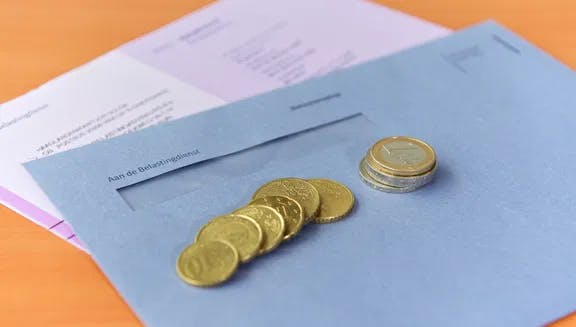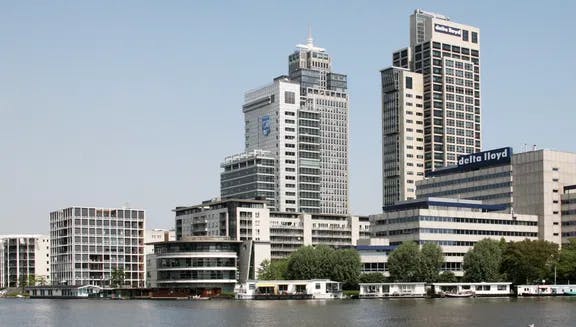
Subsidies and tax incentives for businesses
Public sector financing options in the Amsterdam Area
In addition to private sector options such as investments and loans, businesses looking for funding in the Amsterdam Area can access a range of public sector financing resources. New businesses are welcome in the country, with the government actively stimulating business activity. There are financial instruments by the national government, incentives on local, regional and European levels, and subsidies which are often tied to a specific field, theme, or sector. Some options are aimed at businesses expanding into the Netherlands, while others require a business to already be established in the country.
Subsidies for specific sectors
Sustainability and innovation are key priorities for the Dutch government. Regional and local agencies offer support for businesses making meaningful contributions in areas concerning the environment and renewable energy. For example:
- The Sustainable Energy Transition subsidy scheme (SDE++) is directed at companies and organisations in the industry, mobility, electricity, agriculture and the built environment sectors who are producing renewable energy or applying CO2-reducing techniques.
- The R&D tax credit (WBSO) offers compensation for R&D costs. Other subsidies target health innovations, circular economy initiatives, and even sustainable shipbuilding.
- Many other subsidies are available on a national level, and including incentives for things like like investment in emerging markets.
- Companies in the Netherlands can also apply for funding on a regional level, through the Regional Development Agencies (ROMs), and access EU-wide subsidies.
- Finally, startups can look to a range of additional options for funding.
Government support for SMEs and scale-ups
Financial instruments utilised by the Dutch national government include the SME credit guarantee scheme (BMKB) for small-to medium-sized enterprises (SME). This means the government guarantees a bank loan when a business doesn’t have enough collateral – with the Ministry of Economic Affairs standing as guarantor. To be eligible, a business must be established in the Netherlands and employ no more than 250 workers.
Another option is the Growth Facility Scheme, which offers a guarantee to investors who provide venture capital to SMEs. There’s also proof-of-concept funding, which is directed at SMEs and startups with an innovative product or service. This loan can be used for prototype development, market research, and other early-stage activities. Innovative companies that have outgrown this incentive can also look into the Innovation Credit Scheme. Dig deeper into the types of government funding available in the Netherlands.
Dutch fiscal policies
The Netherlands offers a stable business climate. Numerous bilateral tax agreements mean companies avoid double taxation and often receive reduced or no withholding tax on dividends, interest, and royalties. As an open economy, the Netherlands has always promoted a transparent and stable tax system that is flexible enough to anticipate the rapidly changing requirements of international economic flows.
European headquarters benefit from a broad participation exemption – 100% exemption for qualifying dividends and capital gains. For international employees, highly skilled migrants can qualify for the 30% ruling, which allows employers to offer 30% of the employee's salary tax-free. These factors, combined with the wide range of financial incentives and a stable climate makes the country a solid, reliable choice for those seeking a base for international business operations.
Related articles

Taxes, banking and insurance

Step-by-step guide to setting up a business

Register and start your business

An introduction to Dutch labour law

Finding office space

Visas and permits for employees

How to find employees

Amsterdam Life Sciences District

Amsterdam, Amstelveen, Ouder-Amstel & Diemen
